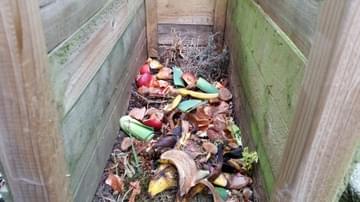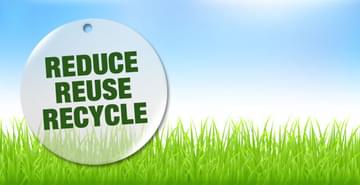Search West London Waste
188 results
Cooking Oil
An absolute must in some dishes, but if we want to avoid another Fatberg what can we do to reduce, re-use and recycle?
Non Recyclables
Most household waste can be easily recycled nowadays, but there are items that can't, such as toys, paint and disposable nappies.
There are still things you can do with these materials such as donating items and switching to environmentally friendly options.
Cars
Even in a city with a great public transport system you may still find the need to use a car for some journeys. After all, if you’ve done a really huge food shop or bought a new gas bottle for your barbeque, then carrying this home on public transport is not something to look forward to. In London though there are other options available to give us alternatives to buying and maintaining our own car.
Paint
We all like the bright colours and variety that painting a room can give to our homes. At some point, many of us will decide to redecorate and pick a new colour to paint our homes or workplaces. As a toxic substance, it is best to reduce, reuse and recycle paint wherever possible.
Toys and Games
Most homes will have toys and board games that are no longer used tucked away in cupboards and drawers.
Batteries
Batteries are one of the main culprits for fires across our waste transfer sites. Batteries should not be put in a bin but recycled separately.
Whilst many things are now chargeable, there are still lots of items in your home that need batteries to keep them running, from remote controllers and clocks. There are lots of different types of battery. Each type is used for a different reason so when you’re buying products, try to buy ones that need the same types of batteries.
Materials
From household kerbside collections to your local recycling centres, we deal with a number of different types of waste materials.
How are you going to re-use for Zero Waste Week?
Feeding your compost
Senior salaries and pay multiple
The number of employees in 2023/24 whose salary was £50,000 or more in bands of £5,000 were
Green Choices Challenge
Here is a list of things many people do these days to reduce their waste and their environmental impact. How many of them do you already do?









